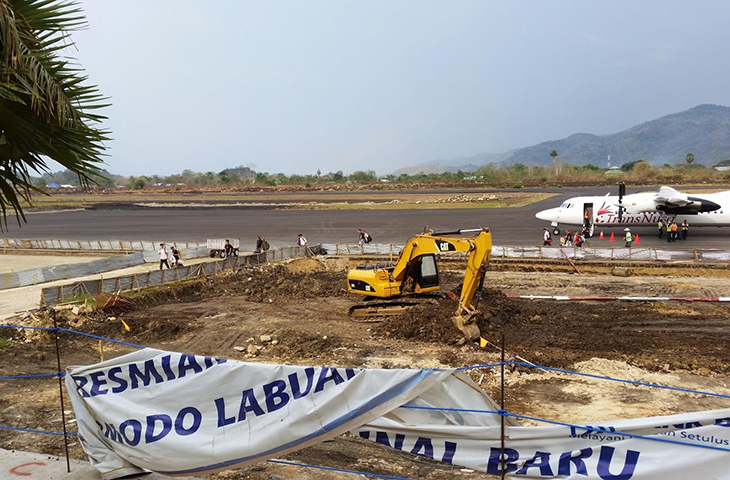“He is a good man” is what every single Indonesian I met while on a trip to the country last week had to say about Joko Widodo, aka Jokowi, who was sworn in as the 7th President of Indonesia on Monday 20 October. Time will tell, but Jokowi might indeed be exactly the right person in exactly the right place.
53 year-old Jokowi is a self-made man who established his own furniture business and went on to work in politics, his latest post as governor of Jakarta. He managed to garner voters’ support thanks to his reputation as a new kind of leader, unlike the corrupt, old style politicians. His newly-announced government might not be exactly up to expectations, as not all his cabinet consists of technocrats. But he has kept his promise regarding integrity, and all candidates were required to pass corruption checks and bank account scrutiny audits. And there’s another first for Indonesia; there are eight women in the cabinet, the highest number ever.
We like Indonesia as an economy and as a market. With the world’s fourth-largest and very young population (50% under the age of 30), the domestic market is very attractive for many corporates and investors like ourselves who like to find exposure to the consumption theme and the emerging middle class. Among our investments are a fast growing food producer and a phone retailer. At USD 3,400 GDP per capita, Indonesia remains a country with huge potential, with a very low penetration of goods and services.
However, the country’s macro picture is more challenging and will require Jokowi to act soon. One of the most pressing issues, which is crucial for macroeconomic sustainability, is to phase out the large fuel subsidies, which account for USD 23,1bn, or 13,2%, of the yearly state budget. Reducing these would help to decrease the fiscal deficit (today around 2.5%), as well as the trade and current account deficits, as Indonesia is a net importer of oil and heavily dependent on oil for its energy mix. However, the fuel price hike needs to be done gradually (which is easier to do now that global oil prices are low), as this will have an impact on consumer spending.
Another pressing issue, which is obvious to any traveller to the country who is stuck in horrible traffic jams in Jakarta, or without proper mobile coverage outside the larger cities, is the urgent need for infrastructure spending, which is now at a very low 2.5% of GDP. This was one of the main topics at the WEF on South East Asia, in which I participated in May in Manila. Greater Jakarta, with 28 million inhabitants, does not have a subway system. Investments in infrastructure – that could be financed by savings from energy subsidy cuts – are not easy to make at a time when a government wants to address corruption issues. But if Jokowi’s team manages to do both, it could have a formidable impact on the country’s productivity.
The third priority for Indonesia, from a longer-term perspective, is to achieve a diversification of exports away from primary commodities, and towards manufacturing. Around 65% of exports rely on pure raw materials, constituting another source of vulnerability.
Year-to-date, the Jakarta stock exchange has done well; up 20% in USD terms. But it did experience a dip on the back of political turbulence ahead of the presidential elections, and directly after when the results were being challenged. The Indonesian market and Indonesian rupiah are also quite vulnerable in times of global tightening liquidity. We did however decrease our positions at the right time and might consider increasing them again soon.








